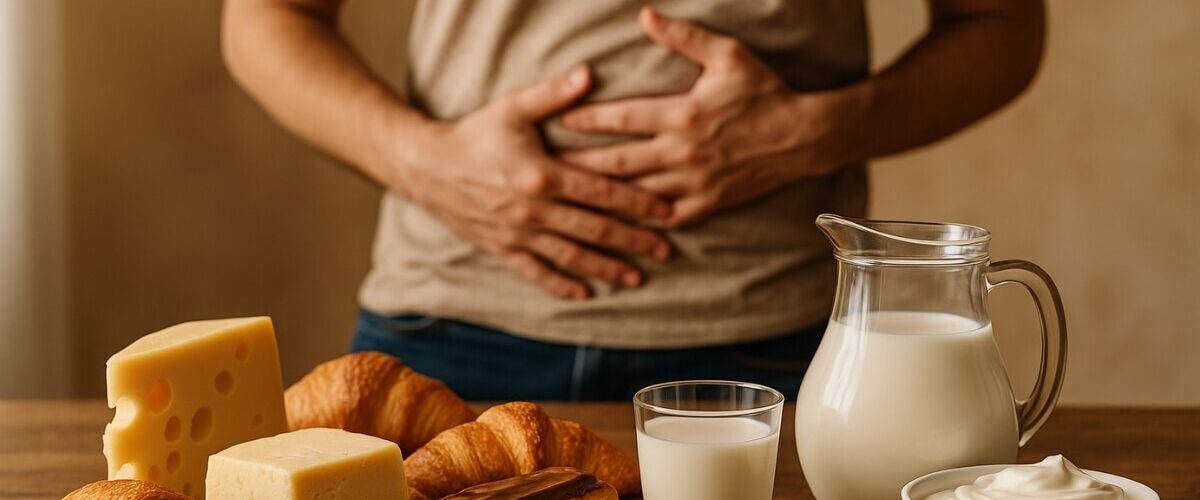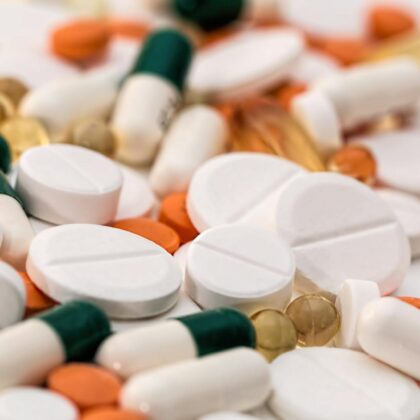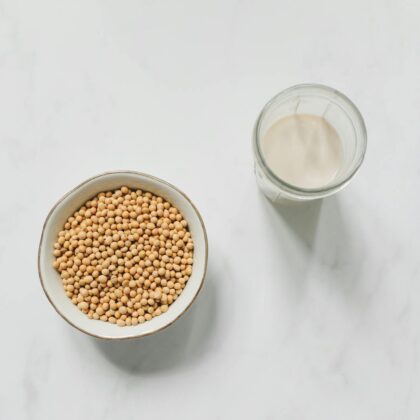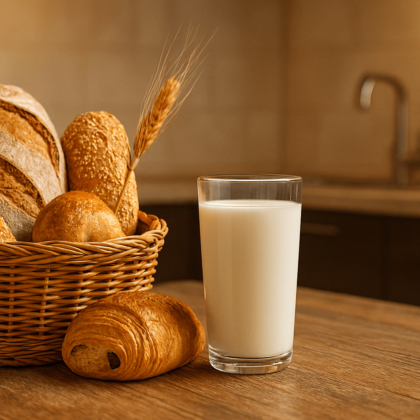
Lipase: an essential enzyme in fat digestion
One of the digestive enzymes naturally present in the body, lipase plays a key role. It acts specifically on dietary fatsto make them absorbable and usable by the body.
As lactase helps to digest lactoseLipase facilitates the assimilation of lipids. A deficiency or excess of this enzyme can lead to digestive problems, but can also reveal more serious pathologies, particularly pancreatic.
What is lipase?
The term lipase comes from the word "lipid" (fat) and the suffix -ase, used to designate an enzyme. It is used during digestion to convert triglycerides into fat. fatty acids and glyceroltwo molecules that can be absorbed by the intestine.
There are several types of lipase in the body:
-
Gastric lipase (secreted in the stomach)
-
Pancreatic lipase (produced by the pancreas, the most active)
-
Lipoprotein lipase (present in the blood, involved in fat metabolism)
What role does lipase play in the body?
Lipase is essential for :
-
Digesting fats food
-
Enablingabsorption of fat-soluble vitamins (A, D, E, K)
-
Providing energy via fatty acids
-
Participate in hormonal and cellular health
In a nutshell, without lipase, fats are not absorbed correctly. This can lead to bloatingfatty stools, malabsorption and vitamin deficiencies.
Blood lipase levels: norms and abnormalities
The lipase levels in the blood (lipaemia) is a clinical indicator often used to assess the health of the pancreas. The usual reference ranges are as follows:
-
Standard between 50 and 240 IU/L
-
> 3 times normal suggestive of acute pancreatitis
-
< 50 IU/L rare but possible in cases of advanced pancreatic destruction
⚠️ These thresholds may vary slightly depending on the laboratories and techniques used (reflectometry, colorimetry, etc.).
What does a high or low lipase level mean?
🔺 High level: hyperlipasemia
This can be caused by :
-
Acute or chronic pancreatitis
-
Biliary obstruction
-
Crohn's disease
-
Renal insufficiency
-
Excessive consumption of alcohol or certain medicines
A rise passenger can also occur after a high-fat meal, or after taking digestive supplements containing lipasewhich is physiological and harmless.
🔻 Low levels: hypolipasemia
More rare, it can be :
-
Temporary (early pregnancy)
-
Pathologicalin the case of a severe damage to the pancreas
Lactose intolerance and lipase deficiency: a problematic duo
When you suffer from lactose intolerance, it is the enzyme lactase which is lacking. But for some people, this digestive disorder is also accompanied by a difficult digestion of fatsparticularly those present in dairy products.
Indeed, many foods containing lactose are also rich in lipids mature cheeses, cream-based sauces, pastries, frozen desserts, etc. Without sufficient production of lipaseThese fats remain partially digested, which can accentuate :
-
the bloating,
-
the upset stomach,
-
the nausea,
-
or the fatty stools.
In other words, a combined lactase and lipase deficiency can make certain meals particularly uncomfortable, even if they are perfectly tolerated by others. That's why it's important for people who are lactose intolerant and sensitive to fats to support their digestion from time to time with a formula dual enzymatic as LACTOLERANCE ULTRA.
LACTOLERANCE ULTRA: risk-free one-off digestive support
Some sensitive individuals find it difficult to digest fats, particularly during heavy meals rich in cheese, sauces, desserts or fried dishes. This can lead to feeling of heaviness, bloating or even nauseawith no direct link to pancreatic disease.
That's why we've created LACTOLERANCE ULTRAa complement to dual digestive action :
-
Lactase 20 000 FCC to digest lactose
-
Lipase 500 IU to promote fat digestion
🎯 This dosage has been designed to be effective, safe and without impact on long-term blood levels. The socket is one-offThe only time this occurs is during heavy meals. No accumulation in the blood is observed. It is a physiological solutionenzymes, just like the enzymes produced naturally by the body.

Hello, I'm Vincent
Like you, I'm lactose intolerantI know exactly what you're going through and the difficulties you encounter on a daily basis. For over 10 years, I've been helping our customers to use our dietary supplements and giving advice and tips on how to improve their digestive comfort. I'm also a keen cook and gourmet, so you'll find my favourite recipes for a lactose-free diet in this blog.
Lactose intolerance is not inevitable! With LACTOLERANCE you can digest with complete peace of mind






